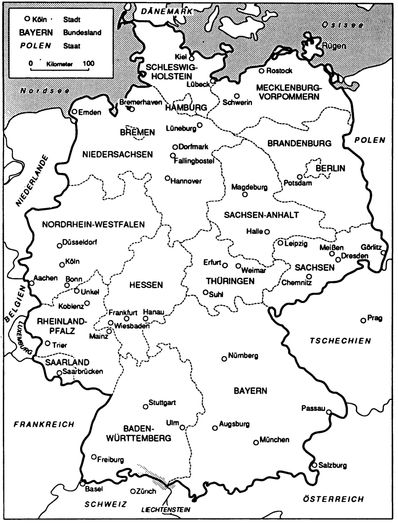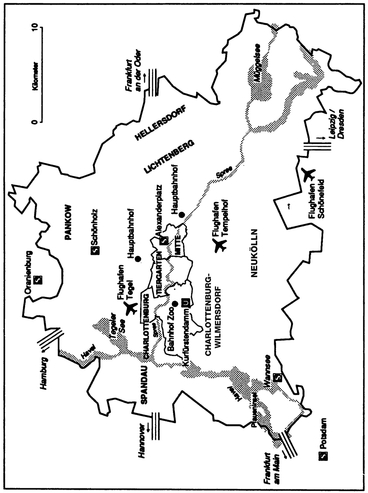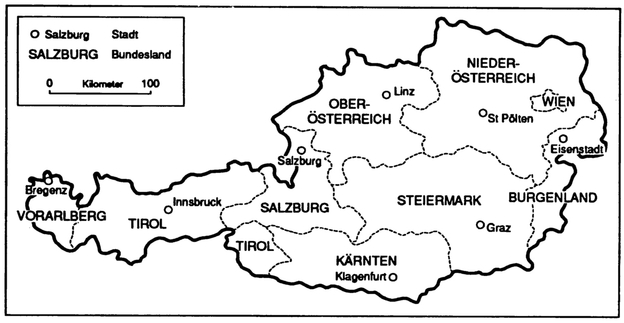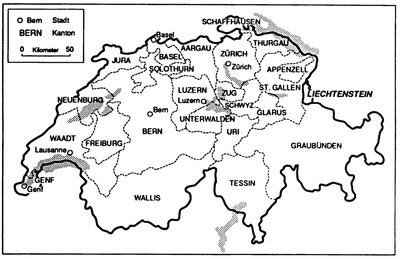Colloquial German
The Colloquial Series
Series Adviser : Gary King
The following languages are available in the Colloquial series:
- Afrikaans
- Albanian
- Amharic
- Arabic (Levantine)
- Arabic of Egypt
- Arabic of the Gulf
- Basque
- Bengali
- Breton
- Bulgarian
- Burmese
- Cambodian
- Cantonese
- Catalan
- Chinese (Mandarin)
- Croatian
- Czech
- Danish
- Dutch
- English
- Estonian
- Finnish
- French
- German
- Greek
- Gujarati
- Hebrew
- Hindi
- Hungarian
- Icelandic
- Indonesian
- Irish
- Italian
- Japanese
- Kazakh
- Korean
- Latvian
- Lithuanian
- Malay
- Mongolian
- Norwegian
- Panjabi
- Persian
- Polish
- Portuguese
- Portuguese of Brazil
- Romanian
- Russian
- Scottish Gaelic
- Serbian
- Slovak
- Slovene
- Somali
- Spanish
- Spanish of Latin America
- Swahili
- Swedish
- Tamil
- Thai
- Tibetan
- Turkish
- Ukrainian
- Urdu
- Vietnamese
- Welsh
- Yiddish
- Yoruba
- Zulu (forthcoming)
COLLOQUIAL 2s series: The Next Step in Language Learning
- Chinese
- Dutch
- French
- German
- Italian
- Portuguese of Brazil
- Russian
- Spanish
- Spanish of Latin America
Colloquials are now supported by FREE AUDIO available online. All audio tracks referenced within the text are free to stream or download from www.routledge.com/cw/colloquials. If you experience any difficulties accessing the audio on the companion website, or still wish to purchase a CD, please contact our customer services team through www.routledge.com/info/contact.
Colloquial German
The Complete Course for Beginners
Dietlinde Hatherall
and Glyn Hatherall
First published 1995
by Routledge
Revised edition published 1998
Reprinted 2000, 2001, 2003, 2004, 2005, 2007
This edition first published 2009
by Routledge
2 Park Square, Milton Park, Abingdon, Oxon OX14 4RN
Simultaneously published in the USA and Canada
by Routledge
711 Third Avenue, New York, NY 10017
Routledge is an imprint of the Taylor & Francis Group, an informa business
1995, 2009 Dietlinde Hatherall and Glyn Hatherall
All rights reserved. No part of this book may be reprinted or reproduced or utilised in any form or by any electronic, mechanical, or other means, now known or hereafter invented, including photocopying and recording, or in any information storage or retrieval system, without permission in writing from the publishers.
British Library Cataloguing in Publication Data
A catalogue record for this book is available from the British Library
Library of Congress Cataloging in Publication Data
Hatherall, Dietlinde.
Colloquial German: the complete course for beginners / Dietlinde
Hatherall and Glyn Hatherall. 2nd ed.
p. cm. (Colloquial series)
Includes index.
(pbk.: alk. paper) (cd and pbk. pack) 1. German languageGrammar.
2. German languageTextbooks for foreign
speakersEnglish. 3. German languageSpoken German.
I. Hatherall, Glyn. II. Title.
PF3112.H37 2008
438.2421dc22
2008004060
ISBN: 978-1-138-94970-6 (pbk)
Typeset in Times by
Florence Production Ltd, Stoodleigh, Devon
To
BG and BJ
plus
those whose skills, advice, and even names, were borrowed for these pages
Contents
| A first taste of German |
| A little shopping |
| Asking the way |
| A place to stay |
| Eating out |
| Round the clock |
| Seeing the sights |
| Getting to know you |
| The recent past |
| Where it all began |
| Home and work |
| The story so far |
| Making plans |
| Music has charms |
| Time out |
| Off to the doctor's |
| No bones broken |
| Cashing a cheque |
| Making comparisons |
| Looking back ... and forwards |

Bundesrepublik Deutschland

Berlin
Names in capitals indicate districts mentioned in the text. The Bundesland surrounding Berlin, of which Potsdam is the capital, is Brandenburg.

sterreich

Die Schweiz und Liechtenstein
You, the learner
Before putting this course together the authors made the following assumptions:
- that you, the learner, know no German at all or that you want (or need) to start again from the very beginning;
- that you may not have had experience of learning a foreign language before;
- that you may be seeking to learn German without the assistance of a teacher.
We felt we had an obligation to try to make the course usable by you throughout.
Our general objectives for Colloquial German , therefore, were:
- to put together a (genuinely) self-contained package;
- to set a steady, manageable pace throughout;
- to keep you interested and thinking.
We hope to have achieved this by, for example,
- presenting tightly graded learning materials;
- carefully controlling the number of different words used;
- restricting grammar coverage to essentials;
- frequently ringing the changes on the language covered;
- being explicit even at the risk of stating the obvious;
- offering ideas, particularly in the early units, on how as well as what to learn.
In other words, we have tried to take into account the real needs of new learners, particularly independent learners, of German.
Making progress
Because things need to be remembered, language learning requires not so much aptitude as time and determination. Given that we have all acquired a native language, we obviously all have the ability to learn. But the conditions for learning are different later in life: we can never get as much practice in the new language as we did with our first one when we were children.
As adults we may become impatient and fall into the trap of thinking we ought to be learning our new language more quickly than is actually possible. After all, did not some advert or other imply that fluency was achievable in a fortnight or so? Dont be intimidated: you will, of course, need much more than a fortnight to assimilate fully what Colloquial German has to offer assuming that your aim is to use spoken German rather than just browse through the book.
Let learning come slowly, but this is the key keep it coming. If at all possible, spread your study of German. The more often you sit down to learn, the more knowledge you will retain. Six days a week at fifteen minutes a day will be more productive than three hours of study in just one weekly sitting.

















